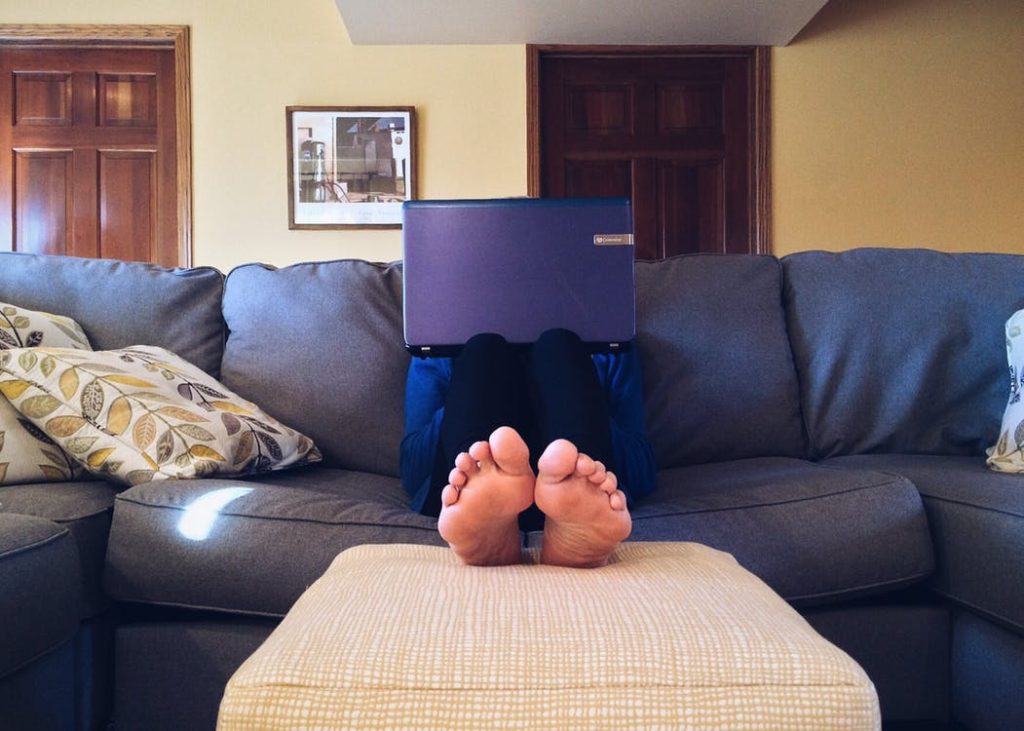The first principle of my blog is Creating Ecosystems of Success, and two of its key focuses are Career Discussions and Health/Wellness. Not everyone enters the world with the proper tools for success. If you’re falling short in a given area, and want to reach the next level, it’s important to know which steps to take. The following contributed post is entitled, Simple Ways To Better Yourself.
* * *

https://unsplahs.com/photos/RARH8b7N-fw
Everybody in the world wants to be the best version of themselves – that’s a given. When we’re younger, we all think about how our lives are going to turn out. We think about how our personal lives are going to be and how our work is going to go. Some people out there have been switched on from the get-go and don’t need any extra push to help them reach their goals. There is a group out there, however, who have entered the real world and haven’t exactly hit the heights they imagine – for one reason or another.
If you feel that you’re currently in this category, then don’t worry. Self-improvement is a hefty process, but there aren’t too many distressing factors that go into it. Let’s talk about a few ways people can improve themselves significantly.
Organised
Being a more organized person will improve anyone’s life in pretty much every aspect. Think about it: if you don’t have a plan or a routine, you’re just going along with whatever task you have next – and that could lead to a big piled-up mess. If you add structure to your life and keep yourself disciplined, it’ll keep you balanced.
Face Your Flaws
Being able to recognize that you’re a flawed person is one of the most underrated skills in the human psyche. If you’re unable to realize where your issues lie, then you may take a huge hit on your confidence once someone outdoes you in a specific piece of work or life. Being able to notice that you’re not able to do something is also helpful as you can get the help needed from others. A great leader knows how to take the backseat for a while.
Change Career
You may feel you have plateaued in your current adventure. Perhaps a way of better yourself you would be to unlock skills in your arsenal that have been previously shut away. Maybe you feel like you’re better suited to a completely different type of job? Why not do something you’ve always wanted to do? If you’ve always been interested in the aviation world, then you could join a professional pilot program and see if you flourish in something that you’ll enjoy. Keeping things fresh is a good way to progress in life.
Exercise More And Eat Better
Living life with an inactive body and a terrible diet will only increase your sluggishness approach towards everything in life and make you more stressed. Making sure you keep active will naturally give you more of a boost. Eating the right foods will aid this boost, too. Drinking a lot of water will help your body and mind out also as dehydration is a significant cause of frustration.
Be Positive
Finally, we’ll talk about the idea of viewing things more positively. It’s not the easiest thing to do, but being able to shut out the negative thoughts will improve your life a lot. You will be able to pick out the good bits in everything and lead a happier life – leading to a more optimistic approach to new challenges and opportunities.
















